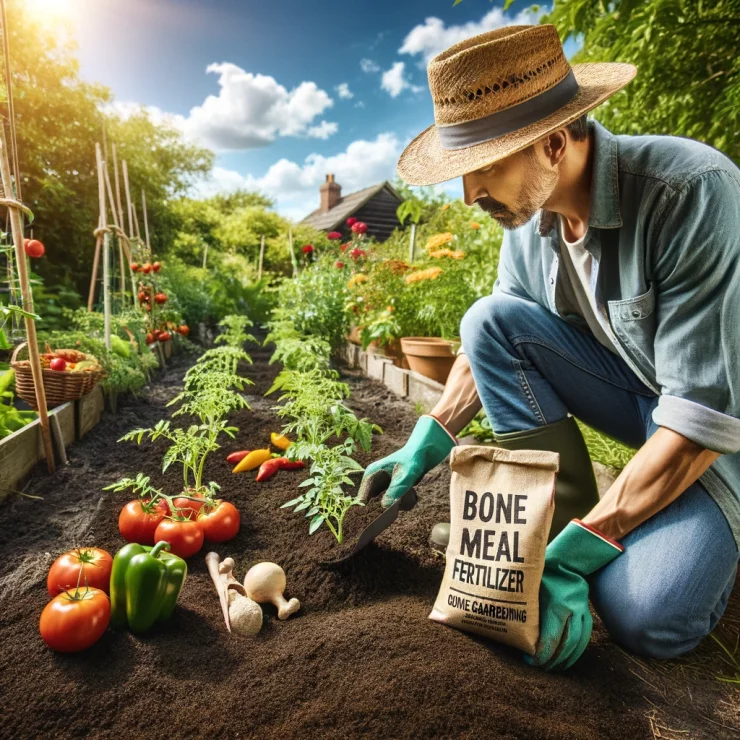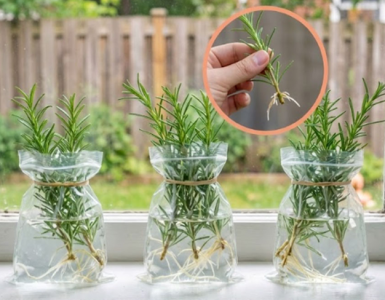In the quest for a thriving vegetable garden, seasoned gardeners and novices alike often seek out the most effective tools and techniques to boost plant health and yield. Among the arsenal of natural fertilizers, one stands out for its remarkable ability to nourish plants and enrich the soil: bone meal. If you’re looking to cultivate robust crops of tomatoes, peppers, and various other vegetables, incorporating bone meal fertilizer into your gardening regimen is an essential step towards achieving bountiful harvests.
Derived from finely ground animal bones, bone meal is prized for its high phosphorus content—a crucial nutrient for promoting root development, flowering, and fruiting in plants. Unlike synthetic fertilizers, which may contain harsh chemicals and pose environmental risks, bone meal offers a natural and sustainable solution for enhancing soil fertility and plant growth.
When it comes to tomatoes, peppers, and other fruit-bearing vegetables, phosphorus plays a pivotal role in supporting healthy fruit set and development. By providing a readily available source of phosphorus to plants, bone meal fertilizer encourages robust root growth and improves overall plant vigor, leading to larger yields and higher-quality produce.
In addition to its phosphorus content, bone meal contains a range of other essential nutrients, including calcium and trace minerals, which contribute to plant health and resilience. Calcium, in particular, is vital for preventing common disorders such as blossom end rot in tomatoes and peppers, ensuring that your harvest remains free from unsightly blemishes and deficiencies.
Incorporating bone meal fertilizer into your vegetable garden is simple and straightforward. Prior to planting tomatoes, peppers, or any other vegetables, amend the soil by mixing bone meal evenly into the planting area at the recommended rate. Alternatively, you can top-dress established plants with bone meal throughout the growing season to provide a steady supply of nutrients as they develop.
One of the key advantages of bone meal fertilizer is its slow-release nature, which allows nutrients to become available to plants gradually over time. This minimizes the risk of nutrient leaching and ensures that plants receive a consistent supply of essential nutrients throughout their growth cycle. As a result, your tomatoes, peppers, and other vegetables can reach their full potential, producing abundant harvests with superior flavor and nutritional value.
Beyond its benefits for individual plants, bone meal fertilizer also contributes to the long-term health and fertility of the soil. As it breaks down, bone meal enriches the soil with organic matter and essential nutrients, improving soil structure and fostering a thriving soil ecosystem. This holistic approach to soil health not only enhances plant growth but also promotes biodiversity and resilience in the garden.
So, if you’re serious about cultivating robust tomatoes, peppers, and other vegetables, never overlook the importance of bone meal fertilizer. With its high phosphorus content and array of essential nutrients, bone meal provides the nourishment plants need to thrive and produce abundant harvests. Whether you’re a seasoned gardener or just starting out, incorporating bone meal into your gardening routine is a simple yet effective way to ensure success in the vegetable garden. So, the next time you’re planning your planting strategy, remember: never plant without bone meal. Your plants will thank you with a bounty of delicious, homegrown produce.






Add comment